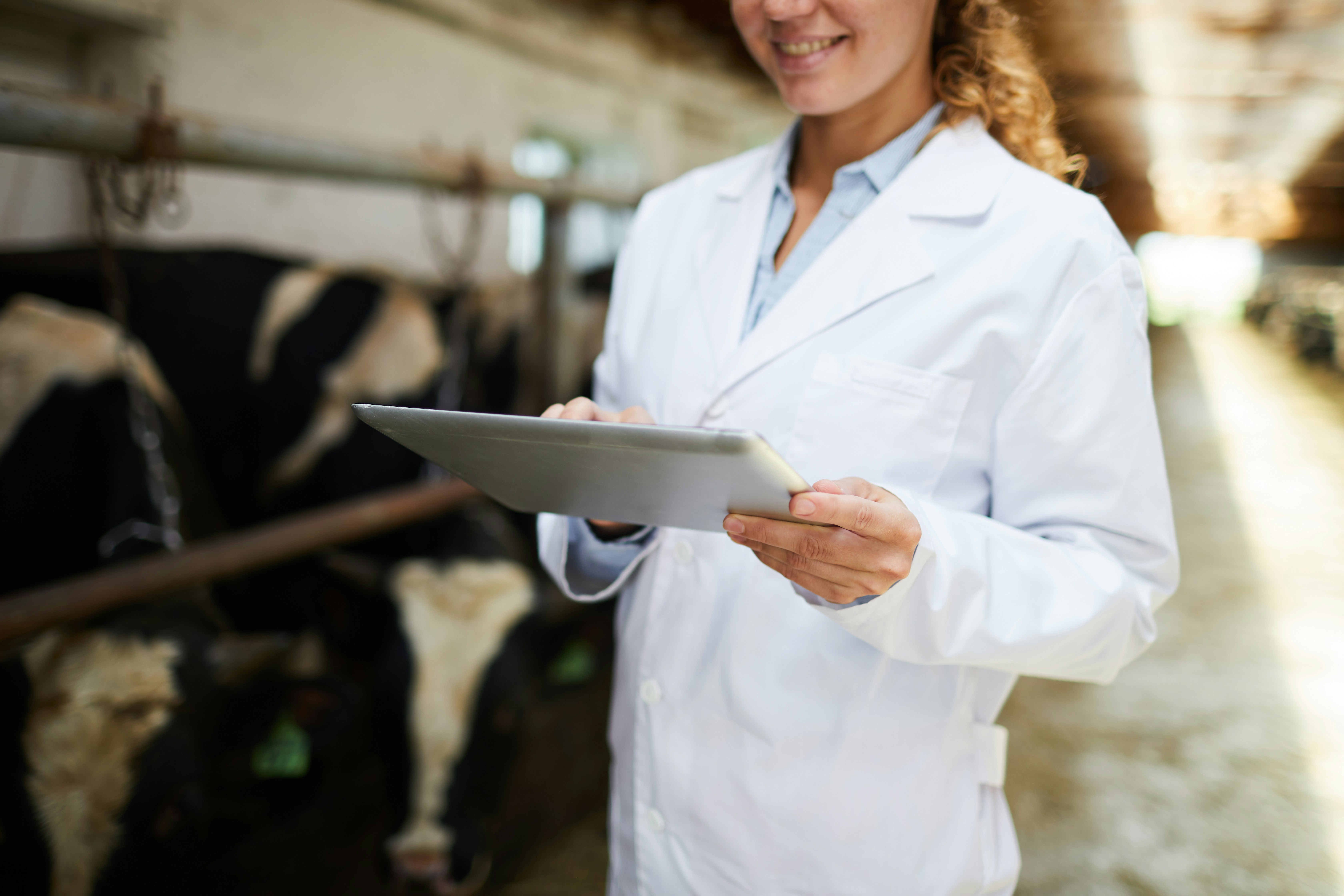Our Farmer-friendly Finance course, a progressive, modular training pathway tailored to the rhythm of the agricultural calendar, is aimed at farmers eager to strengthen their financial literacy and confidence.
Who is the course suitable for?
Farmers keen to:
- Take control of and build confidence in financial planning and regular monitoring to elevate their business strategy and discussions with advisors
- Enhance their planning, budgeting and debt management
- Strengthen their mental wellbeing through financial clarity
What you’ll achieve at the end of the course
Delegates will learn:
- Foundations of finance and terminology
- Practical tools for constructing, interpreting, managing and benchmarking financial performance
- Advanced techniques for long-term budgeting, debt structuring and strategic investment planning
How is the course delivered?
We offer the course face-to-face on our RAU campus at Cirencester over three days between October and February.
We combine practical exercises with the delivery of jargon-free theory to promote understanding of and engagement with course content amongst delegates.
About the course leader
The course is delivered by Abby Cook, a farm business consultant, agricultural training deliverer and farmer based in Gloucestershire.
Abby's areas of expertise include financial and budget management, business strategy and long-term planning, policy and procedure, and succession and transition strategy.
With fifteen years of experience as a consultant, combined with her practical farming skills, Abby brings a wealth of experience, delivered in a farmer-friendly, jargon-free way to breakdown the barriers to farmers taking control of their farm business confidently.
Apply today
Our modules dates are:
- Introduction to Farm Finance - Tuesday 21 October 2025, £400 + VAT per person
- Intermediate Farm Finance - Tuesday 18 – Wednesday 19 November 2025, £700 + VAT per person
- Advanced Farm Finance - 16 February 2026, £400 + VAT per person
- End of Tax Year Planning for Farmers - TBD - Spring 2026, £400 + VAT per person
Book now on our Online Shop here.
Please scroll down to view module content for each date.
All prices include lunch. When you book all three finance modules together, you will receive a reduced booking cost of £1300.
Located in the heart of the Cotswolds – Cirencester - we offer comfortable accommodation, with free on-site parking and sustainable catering using local suppliers.
If you have any queries, please get in touch via our continuing professional development enquiry form or call +44 (0) 1285 652531.
